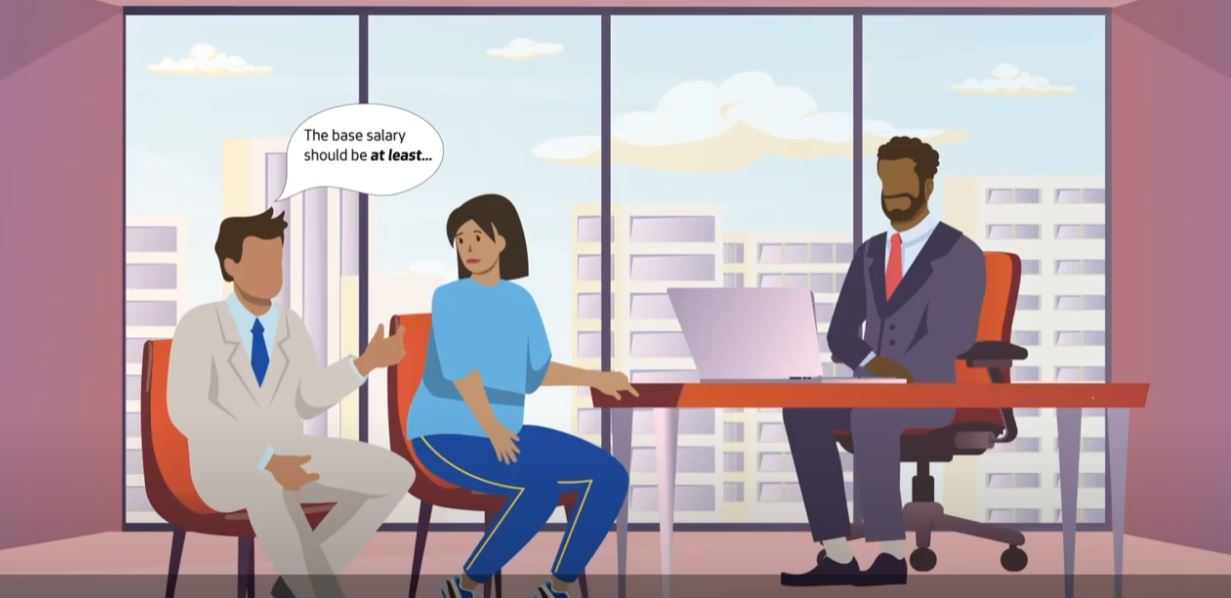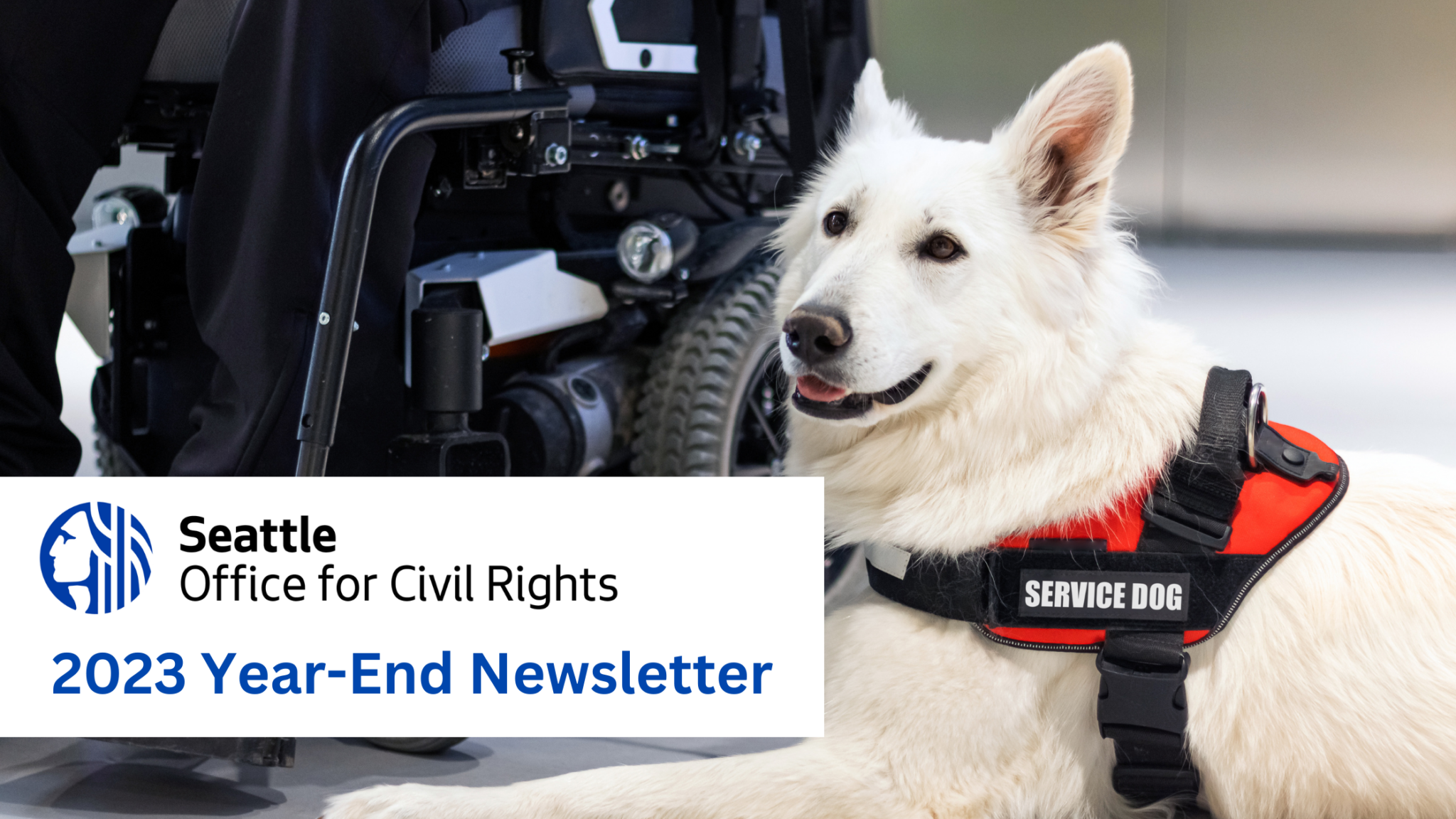 Photo by Christina Morillo from Pexels.
Photo by Christina Morillo from Pexels. Mediation is one of the ways to resolve a discrimination complaint at the Seattle Office for Civil Rights (SOCR). It opens a pathway to talk privately about what happened and resolve the dispute. Any party can ask for mediation before or after a charge is filed.
If you are willing to consider the other person’s point of view and want more control over the outcome compared to investigation, you might consider mediating. A mediator does not investigate claims. Their role is to help each party be heard, understood, and able to make informed decisions for themselves. Mediators help with communicating, negotiating, sharing information and problem-solving, especially when things are difficult to talk about.
9 Reasons to Mediate
- It is free. Our office provides mediation services free of charge.
- It takes less of your time than an investigation. The earlier a conflict is addressed, the more likely it can be resolved.
- It is safe and easy to meet. We reduce the stress of talking about conflict as much as possible by working with you by phone, email, text, live by WebEx, or in-person.
- It is 100% voluntary, and you can change your mind. Mediation is not required and both parties must agree to mediate. People that agree to try to work it out usually do. The investigation path is still open for those that do not settle the complaint during mediation.
- It is confidential. You can talk openly. What is shared in mediation cannot be used as evidence in an investigation later.
- It is private. With limited exceptions, an agreement made in mediation is not available to the public. The privacy of a settlement agreement and withdrawal of the case can help people and businesses maintain relationships and reputations in the community.
- It can make communicating with each other easier going forward. Mediation may clear up miscommunications and can ease feelings that might be lingering. Clearer communication leads to more creative, personalized solutions that satisfy both party’s needs. Investigation outcomes are limited to the law, not customized to you.
- It may increase your confidence to work through conflict on your own in the future. The mediator can give you insights and coaching in communication and conflict management.
- It can be empowering! You choose your own solution and speak your truth. You also gain access to information and referrals about the City’s laws that may help you out down the road.
To learn more, call (206) 684-4500 or visit our website.


